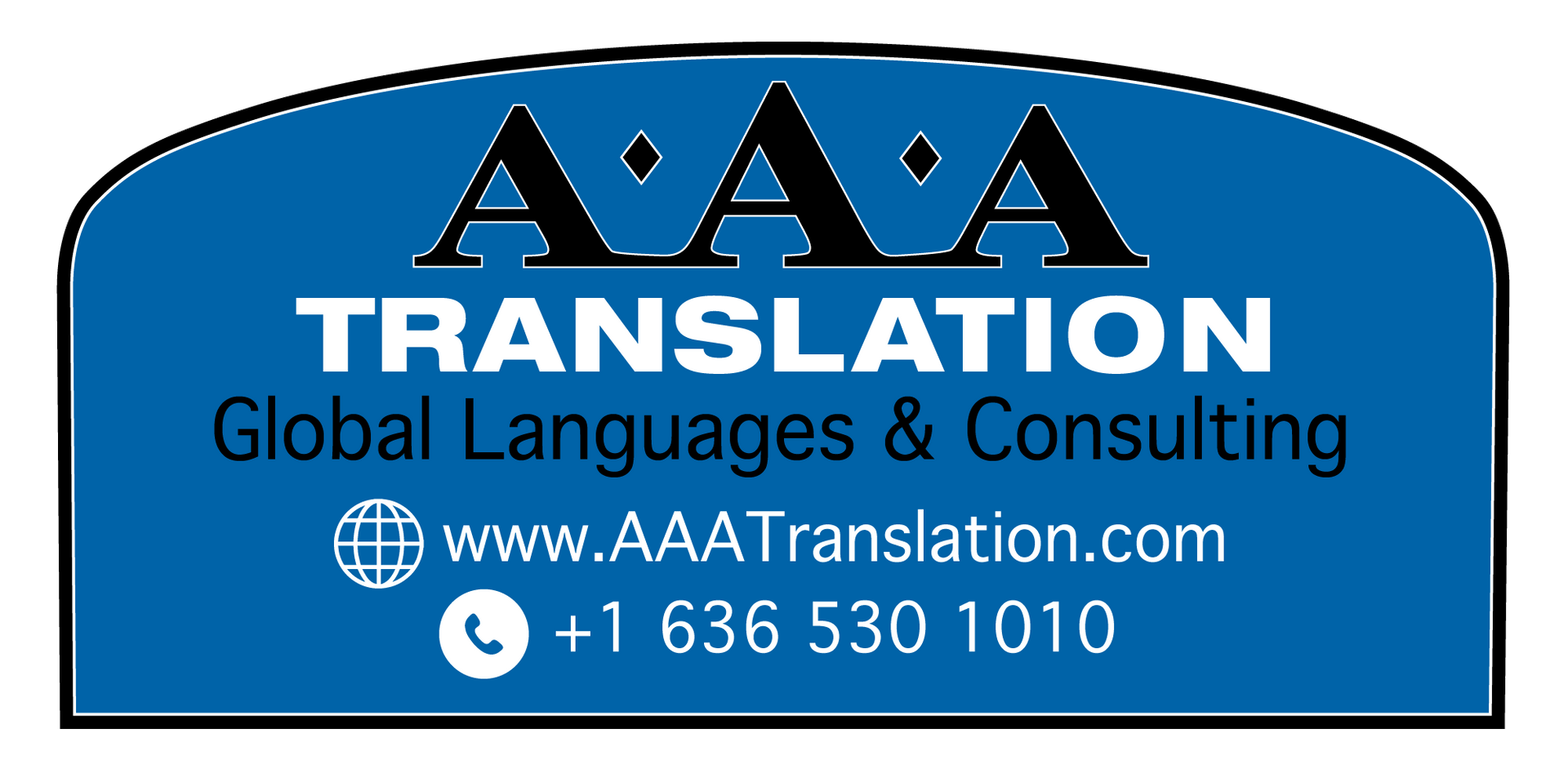What CVBs (Convention and Visitors Bureaus) and Event Organizers Need to Know When Preparing for Large-Scale Conferences
Hosting a large convention is as much about logistics as it is about programming. From airport runways to keynote stages, every detail matters. Below is a checklist of ideas for meeting planners that can mean the difference between a chaotic experience and a world-class event.
Flight Logistics and Airport Collaboration
- Early planning and communication: Work with airlines and airports early to align capacity with demand. This includes coordinating with airport operations teams and offering attendees clear guidance on travel, timing, and contingency plans.
- Airline lift and flight capacity: Understanding available flight volume to the host city is essential. Airlines can add routes or increase seat availability if given a 90 - 120 day lead time.
- Airline partnerships: Just as you negotiate room blocks, negotiate with carriers for bulk rates, group upgrades, and even additional lift.
- Joint ventures and international alliances: For international conventions, leveraging airline alliances can dramatically increase flight options.
- Cost and value adds: Ask about bundled services like lounge access, baggage waivers, and loyalty perks to improve attendee experience and reduce costs.
Airport Demand and Traffic Flow
- Slot management: Collaborate with airport leadership to anticipate high-volume arrival windows and manage runway and gate usage.
- Forecasting demand: Use registration data and analytics to anticipate arrival spikes. This supports everything from baggage claim staffing to shuttle scheduling.
- Consider secondary airports: Redirecting even 10 - 15% of attendees to nearby airports can significantly reduce congestion.
- Enhance ground connectivity: Invest in reliable rail, bus, and shuttle service to move attendees smoothly from airports to city centers.
Ground Transportation and Venue Logistics
- Work with experienced vendors: Transportation management firms can handle everything from driver staffing to DOT permits.
- Centralized pickup locations: Designating hubs at top hotels keeps things organized and reduces chaos.
- Staggered arrivals and route planning: Schedule staggered arrivals to prevent bottlenecks.
- Venue coordination: Partner with venue security and operations teams to streamline traffic flow at drop-off zones, entrances, and exits.
Conference Interpreting – Best Practices
For international events, conference interpreting is more than a courtesy - it’s essential. Highly trained interpreters, supported by specialized booths and technicians, transform a multilingual gathering into a truly global experience.
For Interpreters
Professional interpreters are linguists trained to perform under pressure, balancing speed, nuance, and cultural sensitivity. Their work includes:
- Prepare in Advance: Reviewing agendas, scripts, and technical vocabulary weeks ahead of time.
- Know the Subject Matter: Studying industry acronyms, jargon, and branded terms to ensure consistency.
- Test Equipment Early: Checking microphones, headsets, and booth conditions before attendees arrive.
- Work in Pairs: Rotating every 20 - 30 minutes in simultaneous interpreting to avoid fatigue.
- Use Clear, Neutral Delivery: Preserving the speaker’s intent, tone, and emphasis without distortion.
- Take Organized Notes: Using shorthand for names, numbers, and details in consecutive sessions.
- Stay Professional: Arriving early, dressing appropriately, and keeping content confidential.
- Manage Pace and Breath: Staying aligned with the speaker’s rhythm for maximum clarity.
For Event Organizers
Organizers provide the conditions for interpreting success by planning ahead and coordinating with technical teams:
- Hire Interpreters in Advance: At least 4 weeks prior to the event in order for them to be properly prepared.
- Provide Materials in Advance: Share presentations, bios, and terminology lists early. Interpreter preparation and study time is necessary and included in the fee structure.
- Arrange Proper Equipment:
- Soundproof Booths - Positioned with a clear view of the stage and slides.
- Interpreter Consoles - Allow interpreters to manage multiple language channels.
- Headsets & Receivers - Wireless systems attendees can tune into.
- Backup Systems - Extra headsets, batteries, and channels for redundancy.
- Brief Speakers: Encourage them to speak clearly, at a steady pace, and share scripts when possible.
- Schedule Interpreter Breaks: Build in rotations and downtime to preserve quality.
- Ensure Good Visibility: Position booths so interpreters can see presenters and slides.
- Allow Pre-Event Coordination: Give interpreters time to meet speakers, clarify terminology, and test gear.
For Technicians
Behind the booth, technicians are the unsung heroes of conference interpreting:
- Setup and Calibration: Assembling booths, distributing receivers, and configuring audio channels.
- Live Monitoring: Ensuring volume, clarity, and channel feeds remain stable throughout sessions.
- Troubleshooting: Quickly fixing headset or microphone issues to minimize disruption.
- Post-Event Support: Dismantling, testing, and preparing systems for future use.
Together, interpreters, organizers, and technicians create the invisible infrastructure that keeps international conferences flowing seamlessly.
Interpreters in Action: Before, During, and After the Event
- Arrival: Helping international attendees navigate airports, lost baggage, or shuttle directions.
- Check-in and registration: Explaining credentials, schedules, or last-minute changes in real time.
- Sessions and workshops: Delivering simultaneous interpretation so no one misses a message.
- Departure and troubleshooting: Assisting with missed flights, delays, or unfamiliar procedures.
Partner with AAA Translation
For large-scale events, it takes a village - the whole village. At AAA Translation, we partner directly with CVBs and event organizers to deliver flawless multilingual experiences.
- Event-Ready: Our interpreters thrive in fast-paced, high-pressure environments, from airports to registration desks, keynote stages, and breakout sessions.
- Culturally Fluent: We go beyond words to capture tone, emotion, and nuance, ensuring every guest feels seen, respected, and understood.
- Experience-Enhancing: From calming chaos to solving travel hiccups, our interpreters elevate satisfaction at every touchpoint.
Successful conferences aren’t just well-run, they’re well-received. Partner with AAA Translation to ensure your event speaks everyone’s language, from arrival to departure, no matter the language.
